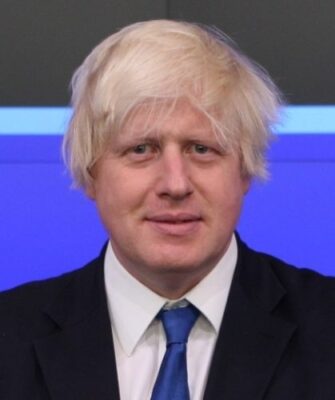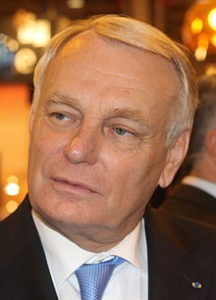By Eric King
Boris Johnson has expressed hopes of the close relationship with France, after a meeting with France’s former prime Minister, Jean-Marc Ayrault.
Ayrault was prime minister of France between 2012 and 2014 and has previously been very critical of Foreign Secretary, Boris Johnson.
Speaking in French at a Paris press conference with his French counterpart Jean-Marc Ayrault, he said the two would work together “as friends and allies”. This was Johnson’s first official European bilateral meeting with Mr Ayrault, who has openly criticised the new foreign secretary. Ayrault said Johnson had arrived with ”humility”, but did not elaborate on what he meant. If anything, it looks a positive start to a challenging process.
The foreign secretary at the press conference stated: “I hope I have been clear that even if the UK has voted to leave the EU, it doesn’t mean that we will be leaving Europe.
“We wish to be as close as possible to our allies, most particularly France, throughout the forthcoming years.”
He thanked Mr Ayrault and said: “We have already started to develop a close and co-operative relationship and I hope it may continue while we face many challenges ahead together as friends and allies.”
Johnson’s claim that the pair has developed a co-operative relationship is encouraging , considering Ayrault’s scathing criticism of Uk’s new Foreign Secretary whom he once called a liar over Johnson’s Brexit’s stance during the referendum. Johnson pledged solidarity with France after the recent atrocious murder of a priest by two twisted fanatics who were instantly killed by French police.
The pair has not begun any talks about Brexit negotiations, as their discussion was directed mainly at talks about terrorism. Mr Ayrault thanked Mr Johnson for his visit and said Johnson was well known in France, both as former Mayor of London, and his biography of Winston Churchill.
Ayrault thanked Mr Johnson for his “solidarity and support” following the recent attacks in Nice and Rouen and said France would keep strengthening security and intelligence work with the UK
He said the talks, two days after the murder of a priest by two men who pledged allegiance to so-called Islamic State in Normandy, had focused on terrorism and pledged “solidarity” with France.
Mr Ayrault, who was prime minister of France between 2012 and 2014, thanked Mr Johnson for his visit and said he was well known in France, both as a former mayor of London and for his biography of Winston Churchill.
He also made reference to the Foreign Secretary’s”solidarity and support” following the recent attacks in Nice and Rouen and said France would keep strengthening security and intelligence work with the UK.
On Brexit, Ayrault said France “respects” the vote of the British people adding: “Now the consequences will have to be drawn in terms of organisation, in a coordinated way, efficiently, professionally, sincerely and fairly.” The words fairly and professionally are perfect words for this type of political relationship, but the full implications may not be conducive to the sort of result Britain wants.
Much may depend on how Johnson goes about the negotiation process, one the former French Prime minister said must be defined by Britain. Boris Johnson will be the official face of Britain at these meetings, and exactly how he achieves a beneficial outcome is yet to be seen.
It must not be forgotten that Ayrault and Juncker have not forgotten Johnson’s comparison of the EU to Adolf Hitler’s political ambitions in the 40’s, a comparison that would have enraged them at the time and would still lurk at the back of their minds. If the Foreign Secretary is not able to explain why he uttered those words, any hidden grudge in the mind of his French counterpart or those in his close circle, will bias the quality of their discussions, and potentially even make it counterproductive.
Johnson has a wealth of experience in the political domain, and will be expected to draw on those to fulfil a role many have expressed doubt is compatible with his skills. Whatever the case, Johnson has enough intelligence to appreciate the significant crossroads the UK is as a country and as one who led the army of a campaign that brought the UK to this point, he will be expected to deliver results efficiently and professionally.











